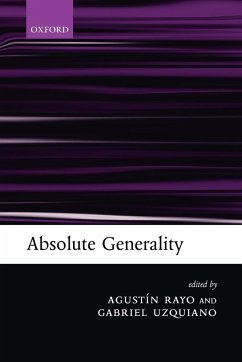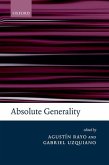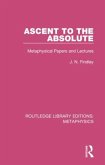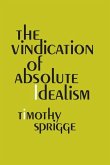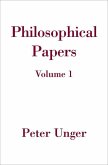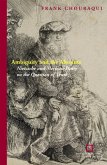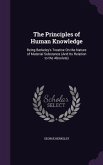The problem of absolute generality has attracted much attention in recent philosophy. Agustin Rayo and Gabriel Uzquiano have assembled a distinguished team of contributors to write new essays on the topic. They investigate the question of whether it is possible to attain absolute generality in thought and language and the ramifications of this question in the philosophy of logic and mathematics.
Is it possible to quantify over absolutely all there is? Or must all of our quantifiers range over a less-than-all-inclusive domain? It has commonly been thought that the question of absolute generality is intimately connected with the set-theoretic antinomies. But the topic of absolute generality has enjoyed a surge of interest in recent years. It has become increasingly apparent that its ramifications extend well beyond the foundations of set theory. Connectionsinclude semantic indeterminacy, logical consequence, higher-order languages, and metaphysics.Rayo and Uzquiano present for the first time a collection of essays on absolute generality. These newly commissioned articles - written by an impressive array of international scholars - draw the reader into the forefront of contemporary research on the subject. The volume represents a variety of approaches to the problem, with some of the contributions arguing for the possibility of all-inclusive quantification and some of them arguing against it. An introduction by the editors draws ahelpful map of the philosophical terrain.
Is it possible to quantify over absolutely all there is? Or must all of our quantifiers range over a less-than-all-inclusive domain? It has commonly been thought that the question of absolute generality is intimately connected with the set-theoretic antinomies. But the topic of absolute generality has enjoyed a surge of interest in recent years. It has become increasingly apparent that its ramifications extend well beyond the foundations of set theory. Connectionsinclude semantic indeterminacy, logical consequence, higher-order languages, and metaphysics.Rayo and Uzquiano present for the first time a collection of essays on absolute generality. These newly commissioned articles - written by an impressive array of international scholars - draw the reader into the forefront of contemporary research on the subject. The volume represents a variety of approaches to the problem, with some of the contributions arguing for the possibility of all-inclusive quantification and some of them arguing against it. An introduction by the editors draws ahelpful map of the philosophical terrain.
Rayo and Uzquiano have put together a fine collection of essays on this knotty issue.... The volume starts with a brief introduction by the editors, which nicely sets the scene. As one would expect from a bunch of logicians of this calibre, the essays are insightful, thought provoking, and often technically clever. Graham Priest, Notre Dame Philosophical Reviews

